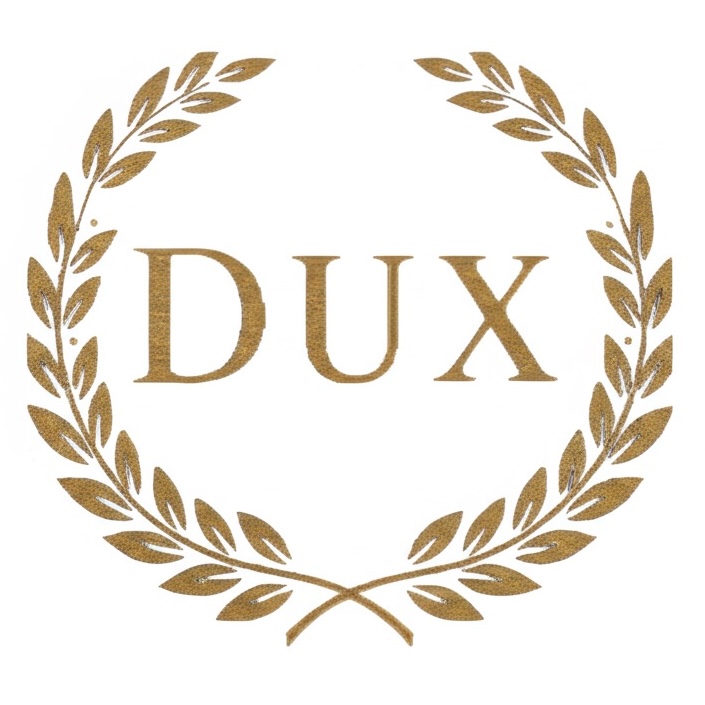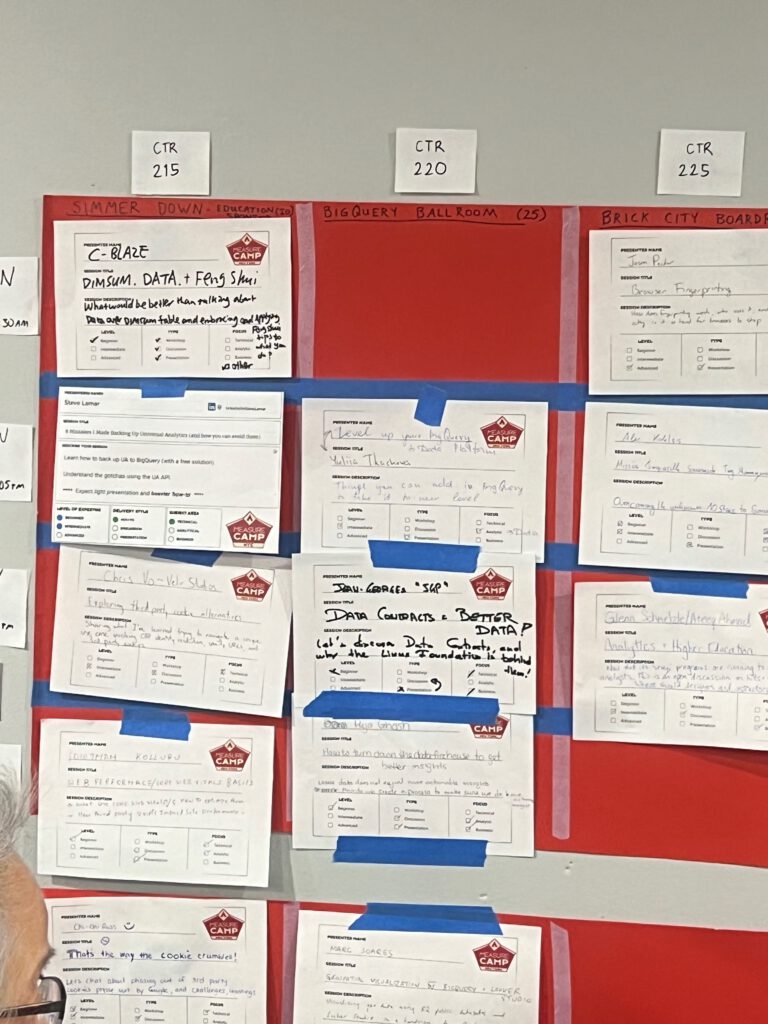I thought I’d write about some of the things I find exciting about AI.
It’s bringing about such a profound rapid change and quickly. One of those bursts where the future happens a bit quicker.
But that change isn’t evenly distributed (it never is!) a similar reference, I remember a time where someone surveyed Americans for the broader awareness of Uber and AirBNB – and there was a point in time where everyone in tech knew them but the others didn’t. AI has the same problem, but for actual usage.
But that’s ok, that’s how new tech works. You find your initial core audience, hash out the best use cases and they spread out. KK 1000 true fans etc.
Here we go:
1. Helping do things, that you were prior stuck with.
By being able to better phrase your thinking, beyond just a ‘google search’ you can get better more pinpoint responses. This helps the end user massively. Not only are you getting a response, it’s meeting you where you are.
There was a time where being a ‘good googler’ was a level up, because you could find the information. LLMs are the same but WAY more flexible.
Like all prior tech, victory goes to those that give it a go. That have the nouse.
2. Perplexity & AI Overviews
It took a bit for Perplexity to click for me, but it did for me when doing travel research. If you search for ‘best activities for kids in Paris’. You get individual curated responses ranked 1 to 10 and so on in Google. That Google has deemed the best on par, for the top 10 results.
With Perplexity you can get a synopsis across all the posts, even if they didn’t make the front page. You might have a response that is informed by ranked pages, 2, 7 and 23. It’s (in theory) better at harvesting the right information. Fwiw AI overviews does this too.
3. Mass democratization
This is a HUGE democratization, in a long running process of information democratization. The internet itself created a huge step up from the prior. For me, I grew up on the other side of the planet, but was able to access the same information, as everyone else. This has the same effect.
We used to use encyclopedias & white pages, because the information was in a nice tidy bundle. But search and wikipedia helped filled the gaps we didn’t realise they missed. And now we’re experiencing the same with AI overviews.
The internet provided a more tailored approach than yellow pages.
Blogs the provided a more tailored approach than articles.
Tweets then provided a more tailor approach than blogs.
Now intelligence, slices across this to pinpoint the knowledge you need.
4. Better to be in than out
LLMs are going to incentivise and reward those that participate, like most prior tech, it tends to be in rather than out. At least for the vast majority of us.
And for those that opt out, that’s an opportunity for others to take their place.
5. Intersection with other tech
LLMs with Robots, which themselves have benefited from other mobile driven tech – sensors, connectivity. Suddenly they have more capabilities. Or pair it with drones.
Now should we rush to do all that? No. But the risks are very easily offset, or ‘bound’ with rules, that can be unlocked over time.
6. Ads!
In the later stages of the last cycle, people have bagged on ads. This tends to be folks with disposable incomes. But ads are a democratizing force, they mean that the rich and the poor can access the same product. Ads enable the platforms to spread the cost over a large population in return for access. And they’ve provided billions in subsidizing this wonder we call the internet.
For economic mobility, this accessibility is fantastic. And important for tech to continue to lift us all up.
At Nudge we have seen that clicks from LLMs tend to perform even better than search ads. Yes there is less volume, but it’s early innings into this trend and there’s signs of the value they can drive.


